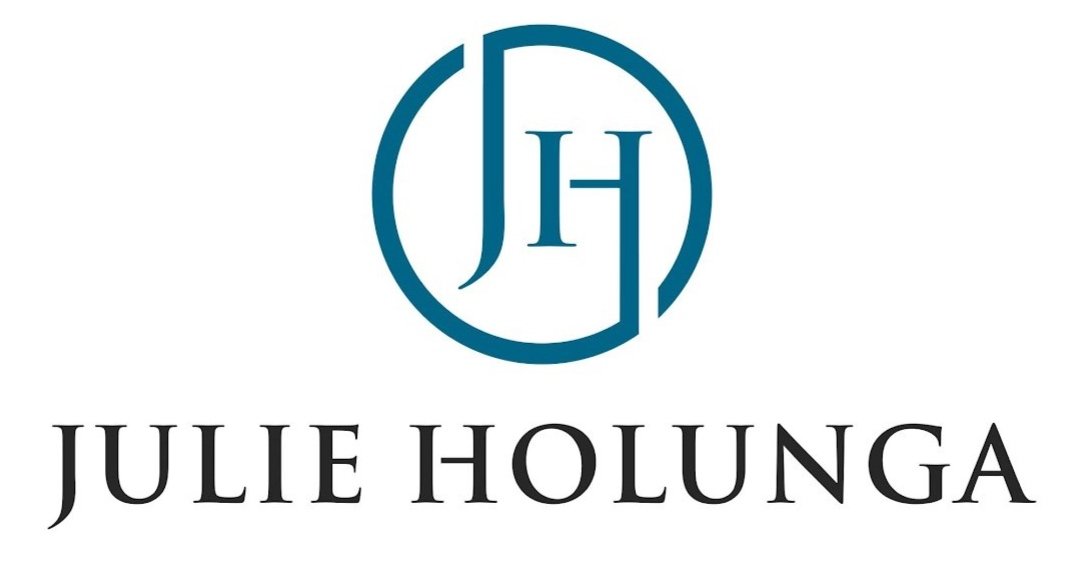The Confident Woman’s Words: 5 Phrases To Delete From Your Vocabulary Today
The article was originally posted on Forbes Coaches Council.
Sarah (not her real name) is an experienced attorney practicing a highly specialized area of law. She is well-known and regarded for her specialty. Her phone rings regularly from people looking to hire her. She speaks at conferences around the world as an expert.
Even with this high regard and reputation, Sarah noticed not all her prospect conversations turn into new clients. Why does this happen? Sarah knew something wasn’t right and asked a trusted colleague to join her for several meetings with potential clients. Her feedback was candid and direct: One observation is that Sarah uses weak language when she is nervous, is in front of potential new clients or feels a lack of trust with her audience. She goes into meetings with CFOs and CEOs without the same confidence and poise as she does with the General Counsels she works with on a daily basis. Her colleagues were shocked when they saw this other side of Sarah.
Privately, Sarah shared with me that when she is in front of CFOs and CEOs in particular, she reverts to her associate years when she felt intimidated by leaders who questioned her decisions, her recommendations and her invoices. She dealt with some difficult people then, over 20 years ago, who continue to stick with her today. Until her behaviors were brought to her attention, she didn't realize she was doing it. She was mortified to learn about the impact her lack of confidence and poise had on her clients and less experienced attorneys working with her.
We all have moments of self-doubt, feelings of inadequacy and thoughts of feeling less than. You don’t have to stay in this place. Consider making these small, yet impactful, changes today.
The seeds of doubt in our minds can manifest themselves in weak language, which can be detrimental to our confidence and poise. Phrases like "I'm not an expert," "You know more than I do," "I've never done this before," "I could be wrong," "This is just an idea, but," and "You're the expert, not me" are examples of weak language that can subconsciously tell the listener that you doubt your expertise and that they should doubt it as well.
My TEDx Talk explains that using weak language puts you in a one-down position, and you're then digging yourself out for the remainder of the conversation. You’re planting seeds of doubt in your audience’s mind.Instead, it's important to plant powerful beliefs in your mind to replace those seeds of doubt. By replacing phrases like "I'm not an expert" with "As an expert in my field" or "From my experience" and "You know more than I do" with "I have a different perspective on this," you can express your expertise in a more confident way.
I recommend eliminating these words and phrases from your vocabulary today, especially when you are in an influencing or advising situation.
I believe... Instead, use I am confident. An exception to this rule is when you are in a brainstorming situation.
I think... Instead, use My recommendation... or My suggestion... An exception to this rule is when you are in a brainstorming situation.
I feel... Instead, use From my experience... An exception to this rule is when you are in a brainstorming situation.
Does that make sense? Instead, use How does that sound?
Sorry... Instead, replace sorry with, Thank you. Instead of saying, "Sorry, I am not understanding where you are coming from." You can say, "Thank you for your patience in detailing your approach to this problem." An expectation is if you are late, then yes, apologize, but only once and then let it go!
What You Want To Say Versus What To Say
It's not just about what you say, but how you say it. When communicating with executives or C-suite members, it's essential to be clear, concise and confident. Following up with a strong message that reinforces your point can also help cement your expertise in their minds.
Replacing weak language with strong leadership language is key in leadership contexts. Using strong leadership language phrases, as explained above, demonstrates your expertise and confidence in your recommendations, without planting a seed of doubt. If your audience is going to push back on your recommendations, it's better if they do so when they know you are confident in your suggestions. The confidence you demonstrate in yourself carries over to their impression and trust in you.
After realizing the impact of her weak language on her clients and junior attorneys, Sarah now spends time before and after key conversations with executives talking through her inner critic and own thoughts to decipher between the truth and lies and to recenter her confidence. By planting powerful beliefs and using strong leadership language, she has been able to overcome her subconscious doubts and show her expertise with confidence and poise in any leadership context.
